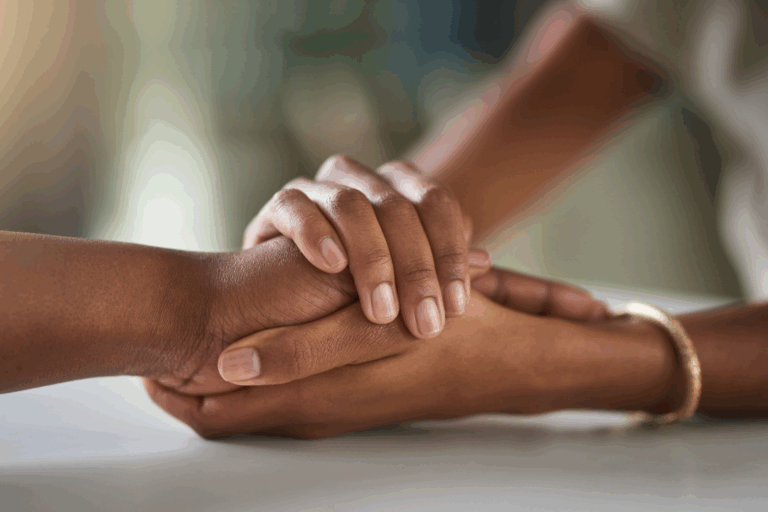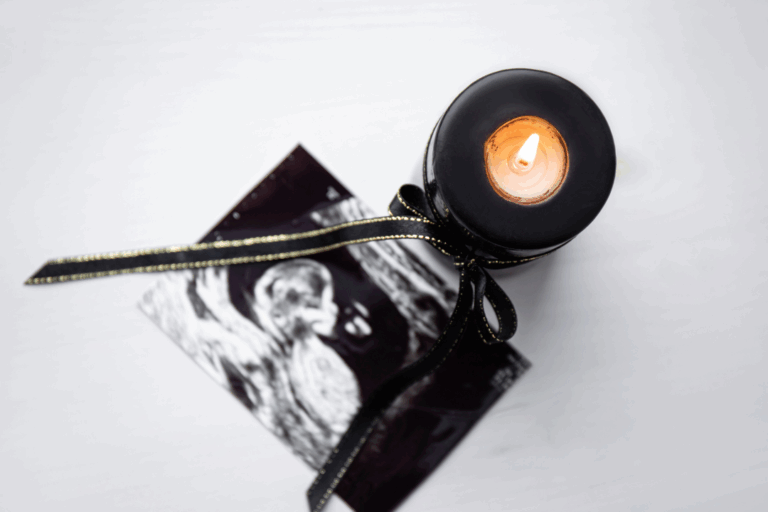What do babies need for development? As parents, we all want to give our baby the best start in life. As an Occupational Therapist, I was fortunate enough to have my training and experience to lean on when I had my own children. In working with new parents from all walks of life, there are some essential things that we can do and provide to encourage our baby’s physical, cognitive, and emotional development.
Understanding the basics: What babies need for development?
Babies go through rapid growth and development during their first year of life. As parents, it can be hard to keep up! But it’s important to understand the basics of what babies need for proper development. First and foremost, babies thrive on love, care, and attention. Your baby adores you and wants nothing more than to feel safe and secure in your arms. Even if you are providing basic necessities such as food, sleep, and a safe environment, your baby’s development still can’t be optimised without a strong bond between you and your baby.
Of course, adequate nutrition is critical for babies, as it provides the necessary nutrients for their physical and cognitive growth. More on this later. Sleep is also essential because it gives their little bodies and brains time to rest and recharge and a safe and nurturing environment can also help promote healthy development. I’m also a firm believer that each baby is unique and may have different needs outside of these basics, so it’s important to observe and respond to your baby’s cues and needs. Let’s take a look at each of these needs in more detail below to help your baby grow and develop into a happy and healthy individual:
From day one: What babies need for optimal development
Sleep is a crucial factor in ensuring optimal development for babies right from day one. Newborns require plenty of restorative sleep for their brain to develop, for physical growth, and for their overall health. During sleep, your baby’s brain consolidates memories and processes new information, so sleep is essential for cognitive development. Getting enough sleep also supports the immune system and helps regulate mood and appetite. Make it a priority to establish healthy sleep patterns in your infant. Use Baby Awake Times as a guide to know whether your baby is getting enough sleep.
The role of nutrition in supporting infant growth and development
Nutrition plays a vital role in supporting infant growth and development. Infants require a diet that is rich in essential nutrients, such as protein, iron, calcium, and vitamins. Breast milk is an ideal source of nutrition for infants as it contains all the necessary nutrients in the right proportions. Fortunately, formula-fed infants can also get these nutrients as formula manufacturers have done a pretty good job of replicating the nutritional benefits of breast milk. Introducing solid foods at around four to six months of age can also provide infants with additional nutrients and help them develop healthy eating habits. A well-balanced and nutrient-rich diet can help ensure optimal growth and development in your baby.
Beyond food and sleep: Other factors that affect baby development
Developmental milestones: What to expect in your baby’s first year
During your baby’s first year, they will reach many developmental milestones. These milestones are key skills and abilities that your baby has to master to expand their ability to move independently. It’s also a good idea to bear in mind that there is a wide range of what’s considered ‘normal’ when it comes to what age your baby reaches a milestone. Try not to get too caught up in comparing your baby to others and simply look forward to some of the most common milestones in a baby’s first year like rolling over, sitting up, crawling, standing, and walking.
Your baby will also begin to develop social and emotional skills, such as smiling, babbling, and responding to their name. Your baby will develop at their own pace, and it’s essential to follow your baby’s cues and support their individual needs. If you have any concerns about your baby’s development, talk to your pediatrician.
Nurturing your baby’s development: Tips and strategies for parents
- Be present and attentive to your baby’s needs. Learn their cues, play with them and strengthen your bond.
- Provide a safe and stimulating environment.
- Talk, read, and sing to your baby as much as possible. This supports language development so keep talking to your baby!
- Engage in playtime and provide age-appropriate toys and activities to support cognitive development. If you’re stumped for ideas, download my app – Parent Sense. You’ll get a play activity to optimise your baby’s development for every day of their first year.
- Establish a consistent sleep routine to support physical and cognitive development.
- Be responsive to your baby’s emotions and provide emotional support. Science has proven that the quality of the interaction your baby has in their early years will shape all other relationships in their life.
- Seek support and resources when needed. Speak to your healthcare providers, take a mum & baby class or enrol in a parenting course or workshop by Parent Sense.
- Encourage play – always! Research shows that play – and especially imaginary play – is the only way young children learn. Give your child plenty of time to play and when they are ready for playschool, look for a Play Sense micro-playschool in your area. Play Sense are changing early childhood development for the better! Their play-based curriculum, small groups and nurturing teachers are the perfect bridge between home and primary school.
Lastly, remember that you’ll lose a lot of sleep, you’ll be tired and grumpy and impatient sometimes but you are on a journey of a lifetime. Enjoy the precious, fleeting moments watching your baby grow and thrive.




